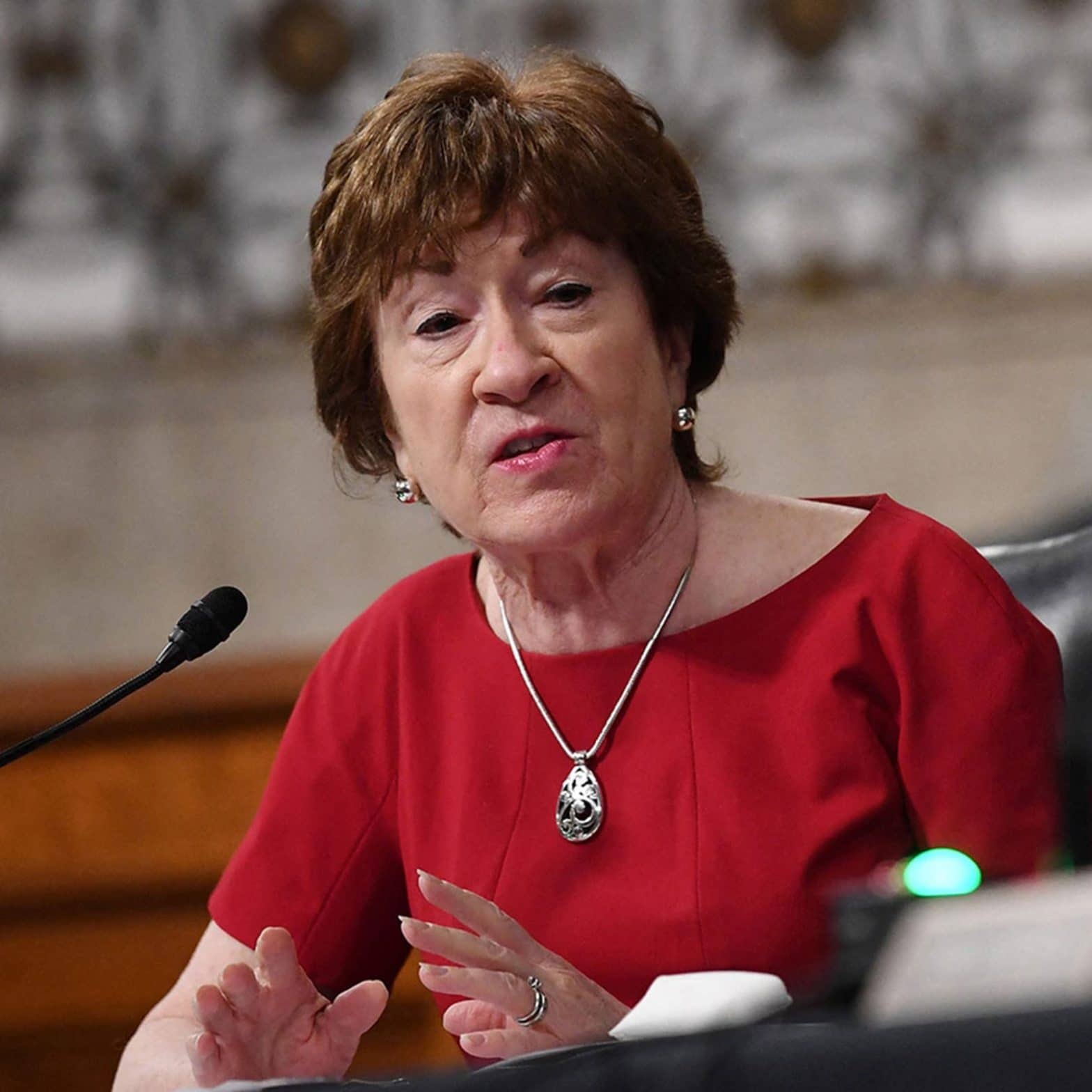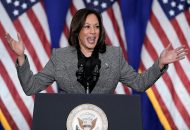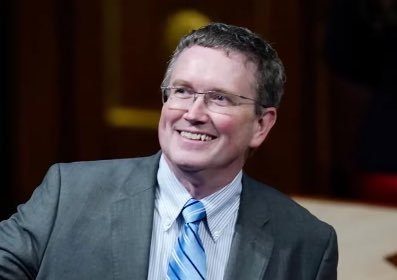Senate Extends Paycheck Protection Program Through May

WASHINGTON – The Senate voted 92-7 Thursday to extend the Paycheck Protection Program to the end of May after rejecting Republican efforts to reshape the program and stymie the vote altogether.
The popular program was scheduled to expire on March 31. The Senate vote means the measure now goes to President Joe Biden for his signature.
The House passed the bill 415-3 earlier this month.
To date, some 7.5 million loans totaling $687 billion have been issued to small businesses through the program, according to the Small Business Administration.
Sen. Susan Collins, R-Maine, a staunch supporter of the program said on the floor of the Senate chamber it has served as “a lifeline to countless small businesses” during the coronavirus pandemic, and had saved more than 50 million jobs.
“If we do not act, there are 190,000 pending applications for loans that will be in limbo. These small businesses need this assistance now in order to pay their employees and stay afloat,” she said.
But her support was not shared by others in her party, among them Sen. Rand Paul, R-Ky., who tried a last-minute procedural maneuver to try to block the bill’s approval.
He also pointed out, in a pitch to conservatives for a no vote, that as currently authorized, the program would allow health care centers affiliated with Planned Parenthood to get a loan.
“I urge everyone who believes that taxpayers should not be forced to pay for abortion to vote no,” he said.
Prior to the final vote, the Senate rejected two amendments proposed by Republican lawmakers.
One, offered by Sen. Marco Rubio, R-Fla., would have prevented the Small Business Administration from prioritizing some businesses over others hoping to receive Paycheck Protection Program money.
Rubio said his amendment was necessary because of delays and confusion caused by the Biden administration’s decision to limit the program to only those businesses with fewer than 20 employees for two weeks last month.
“The very reason why we even have to do an extension is because the new administration has unfairly and unnecessarily restricted eligible businesses and nonprofits from applying. It’s created confusion. People haven’t been able to get in by the deadlines,” Rubio said. “Unless we put in more guardrails, there’s little assurance that this is not going to continue.”
The other amendment was offered by Sen. John Kennedy, R-La., who wanted to bar business owners convicted of certain felonies in the last two years from getting loans through the program.
Both amendments died by votes of 48-52.






















